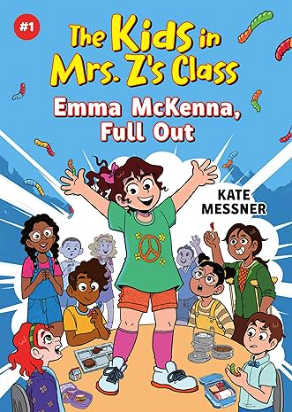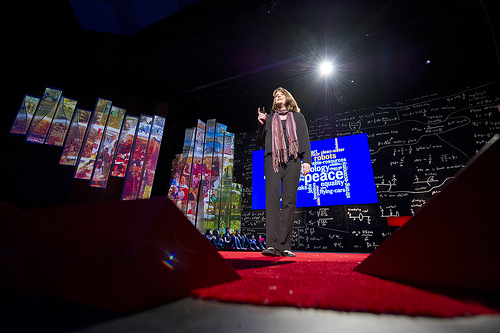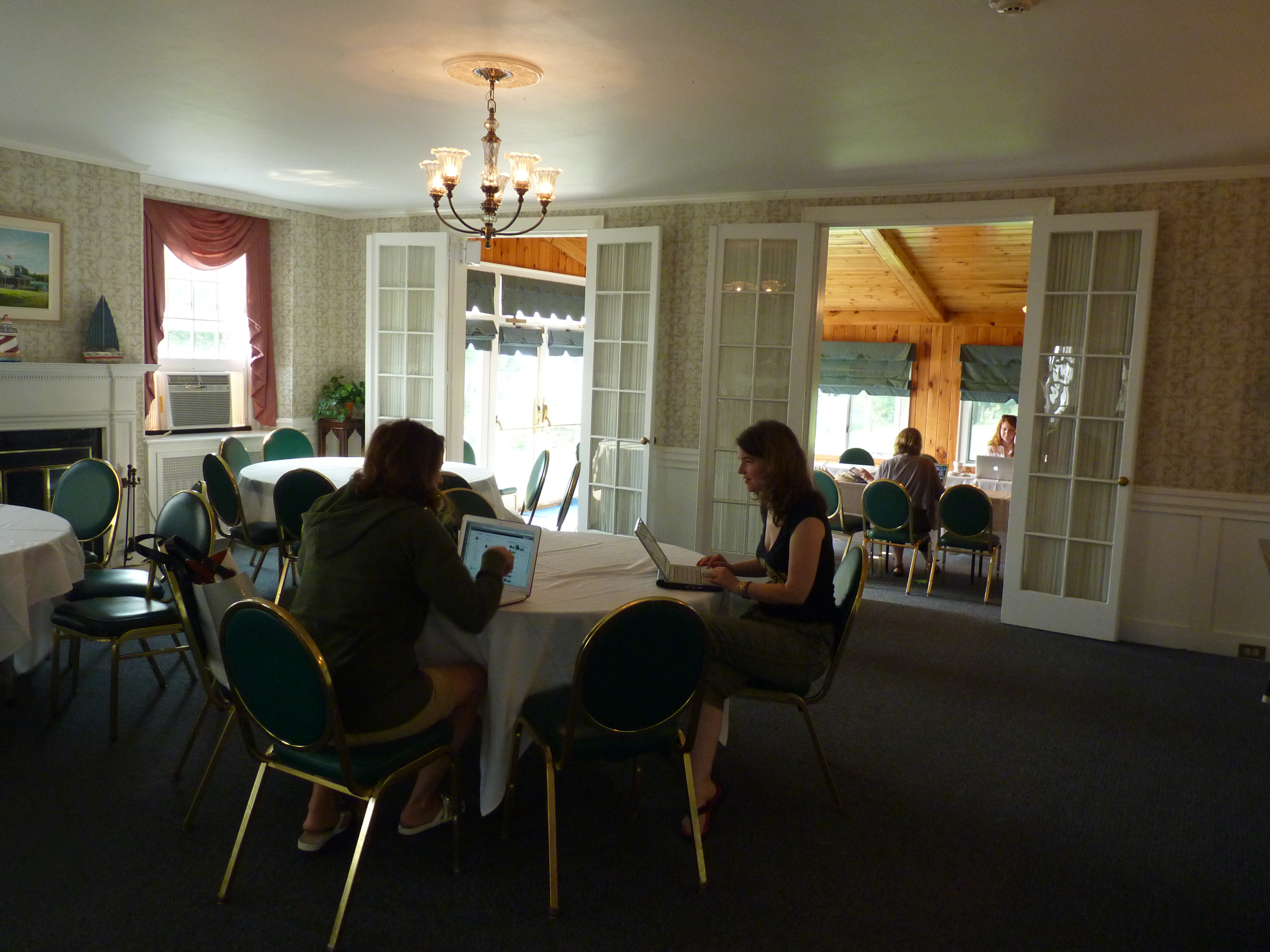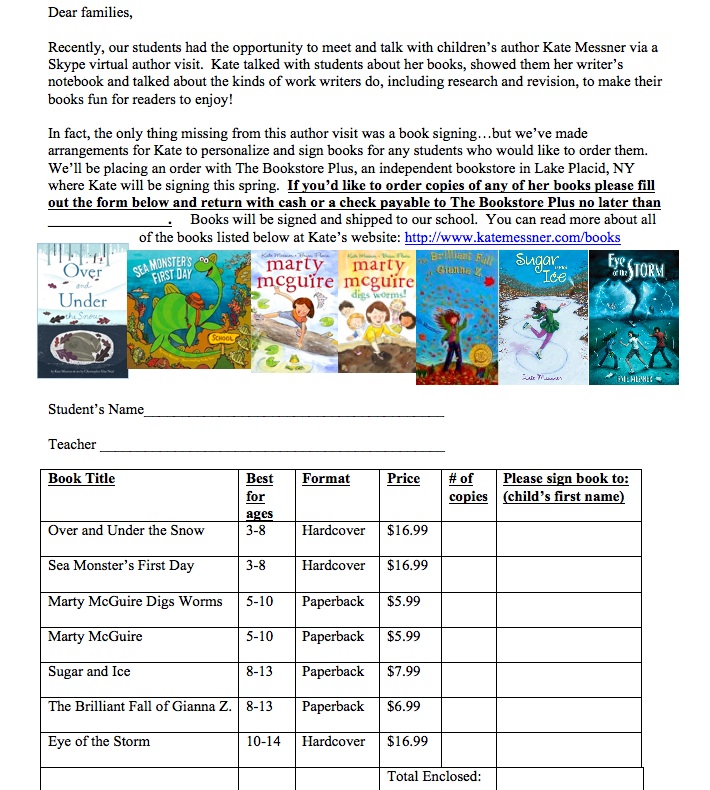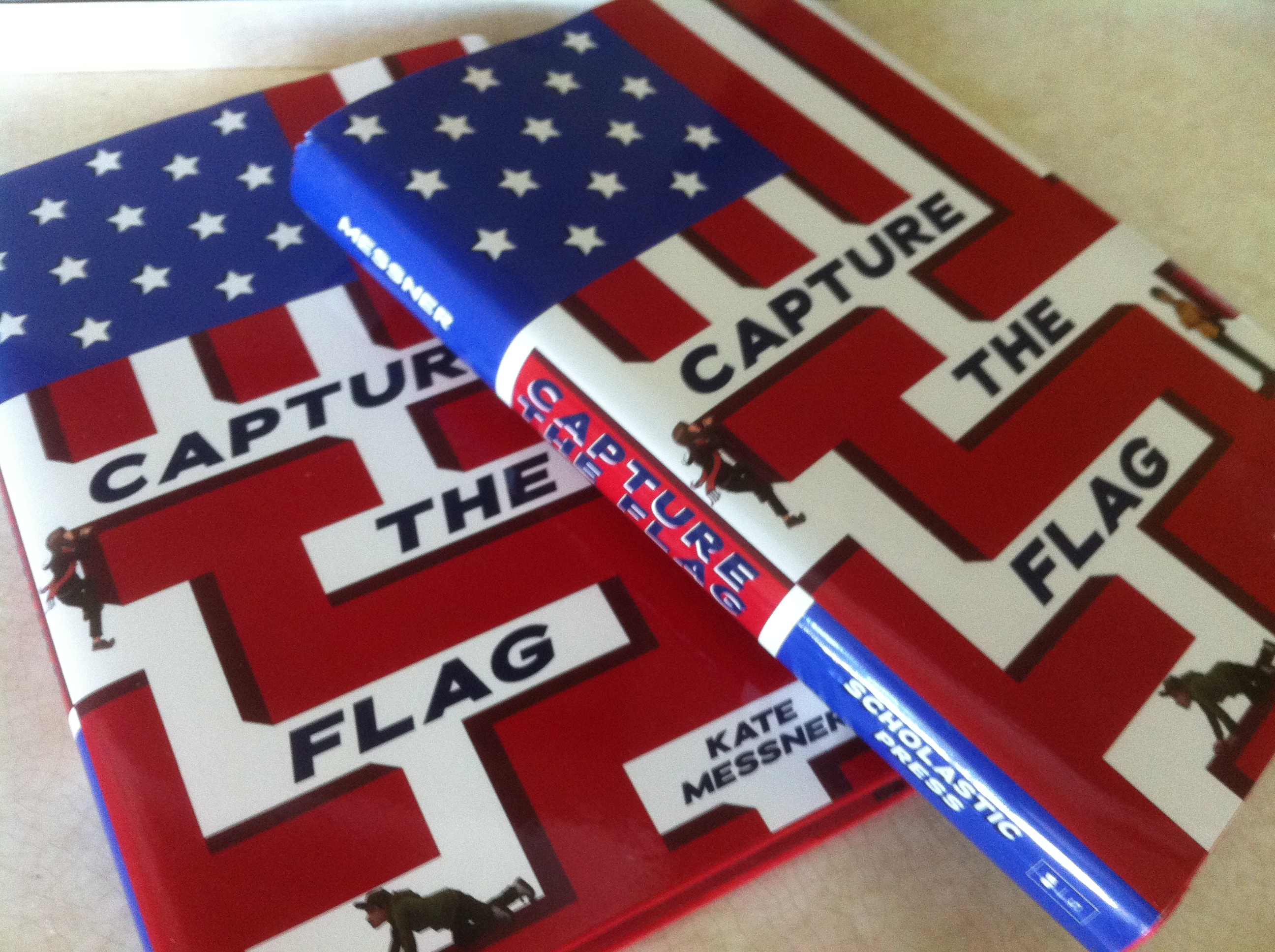Welcome to writing camp, everybody! Teachers Write! is a virtual summer writing camp for teachers and librarians. To learn more about it or sign up, check out this post.
A few quick housekeeping things:
- If you haven’t already added yourself to the Google doc list of participants, please do that now.
- If you’re on Facebook & want to join our group there, here’s the link. Then click “Join Group”
- If you’re on Twitter, author Joanne Levy made a Twitter-list of Teachers Write campers. You should check it out & follow one another. Make friends. 🙂 If you’re on Twitter but not on that list yet & want to be added, just tweet @JoanneLevy to let her know.
One more quick note before we start… I’m actually in New York City the first part of this week for BEA, so I’ll be checking in when I can, but it may take longer than usual for comments to be approved, etc.
Today’s topic is the very first one people asked about when we started talking about summer writing camp on Twitter.
“How do you find time to write?”
(If you are already an expert at making time or you magically have plenty of time, and you just want to get writing, you should go straight to guest author Jo Knowles’ blog and look for her weekly Monday Morning Warm-Up. She shares great writing prompts every Monday!)
If you’re still here…let’s talk about time to write. For the first five years of my writing career, I was also teaching middle school full time. I have a family, too, and lots of people asked how I managed to write books with everything else going on. The answer is easy…and not-so-easy. I made time because it was important to me.
Nobody gets more than 24 hours in a day, and while some people can get by on less sleep than others, we’re all still on a pretty level playing field when it comes to time. Notice that the title of this post isn’t “Finding Time.” It’s “Making Time.” You can’t decide that you want to write and then simply conjure up two new hours a day. Your days, like mine, are probably already pretty full from the time you wake up until the time you go to sleep.
So where does that writing time come from? It’s pretty simple. You have to not do something that you’re currently doing, and use that time to write. So take a look at how you spend a typical day, and if you really want to write, choose something else that can go. If you watch TV, maybe that means not watching TV. Or watching half an hour less. Maybe it means checking your email once in the morning and once in the afternoon instead of flittering in and out of it all day long. Maybe it means waking up half an hour earlier, or staying up half an hour later. During the school year, maybe it means having your lunch in front of your computer or notebook instead of in the faculty room. Or maybe you can write instead of chatting with the other parents while your kid is at ballet/karate/baseball/basket-weaving practice. I don’t recommend stealing time from exercise or family dinners, but there are lots of other options.
I’ve blogged about this before, talking about “Waiting for the Perfect Time to Write” and “Making Time to Write,” and you can read those posts if you need more ideas, but it comes down to this: If you really want to write, you need to do these things:
- Look at how you spend your time now. What can go?
- Make time. Even 15-20 minutes a day is a great start. Make it an appointment with yourself, and then keep it.
- Make space. If you choose a place to write, as well as a time, you’ll be more likely to stick to your routine. It doesn’t have to be fancy – one of my friends set up a tiny desk in her closet – but it helps to have a place where you usually write.
- Share your plans with the other people who live in your house, and remind them that this is important to you.
Ready for your assignment this week?
Make a writing plan for your summer and for your school year.
If you’re having trouble making time, start with a close look at how you currently spend your time. This article has some great ideas as well as a time log you can download and fill out.
Then if you’d like, leave a comment to let us know:
- What you found that you might be able to cut out of your schedule or cut back on to make time to write.
- When you’ll be writing each day & for how long. Remember to be realistic. 15 minutes is fine to start.
- Where you’ll usually write. This can be different places on different days, depending on your schedule.
- Who you told about your plans. Remember, sharing your writing plans with the people in your life helps to make them real and reminds your family & friends to give you that space for writing.
Tomorrow, we’ll have our first Tuesday quick-write…to make use of some of that time you found made!


